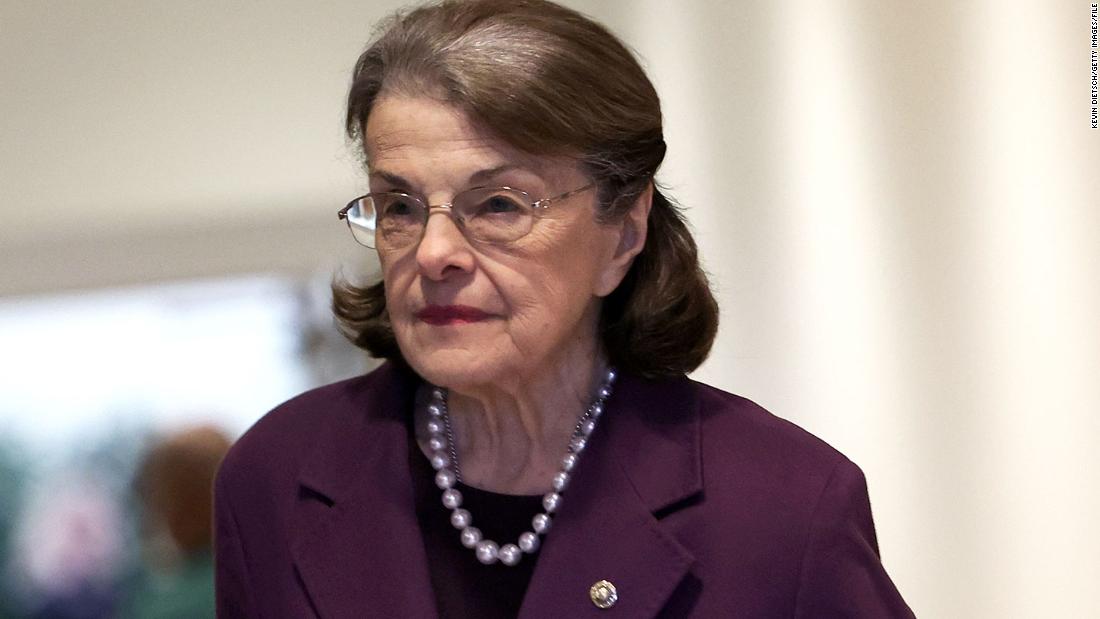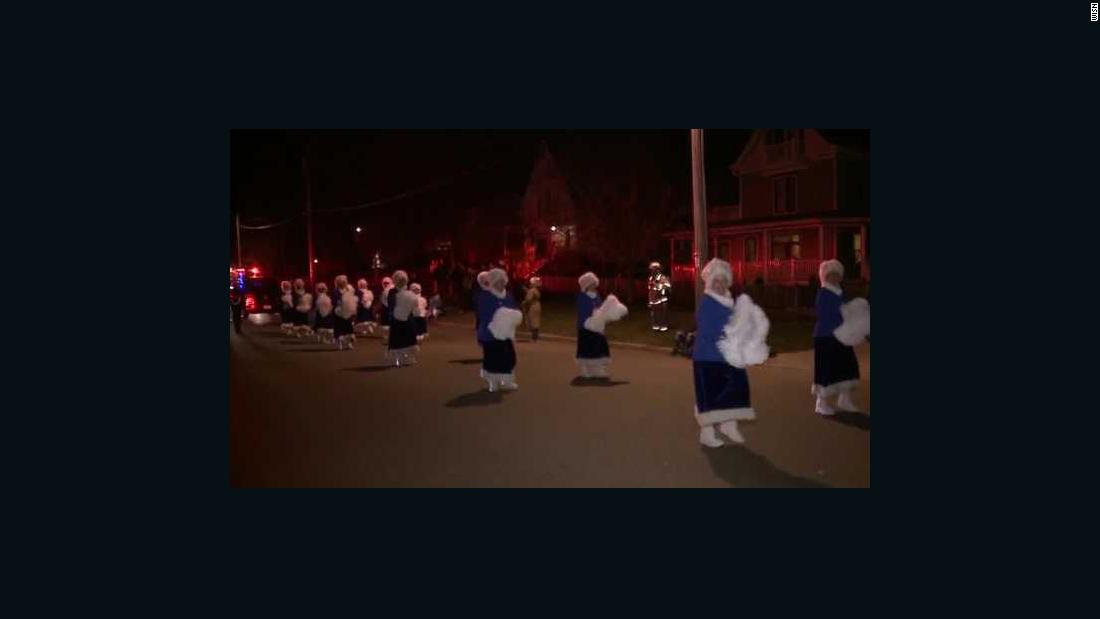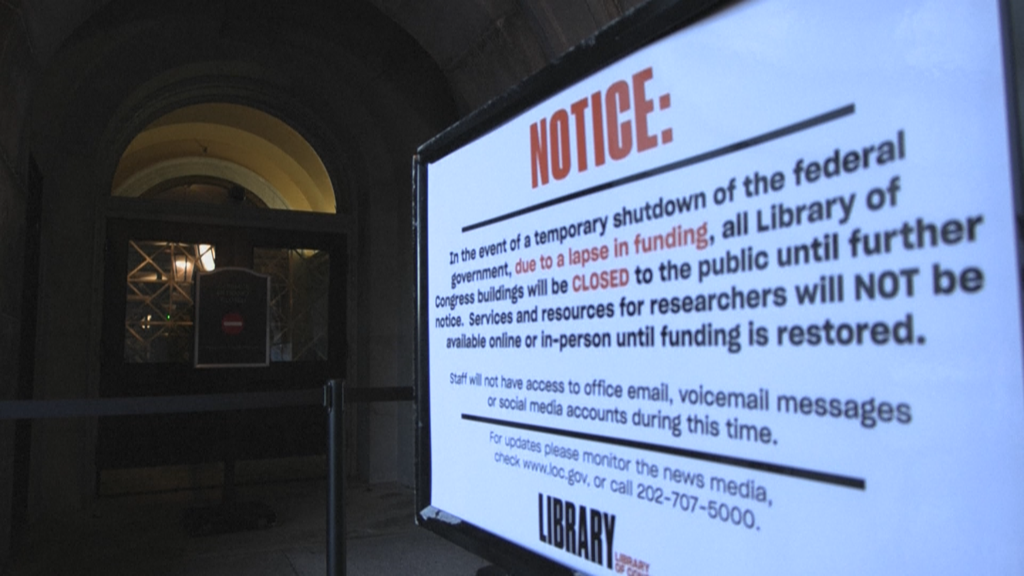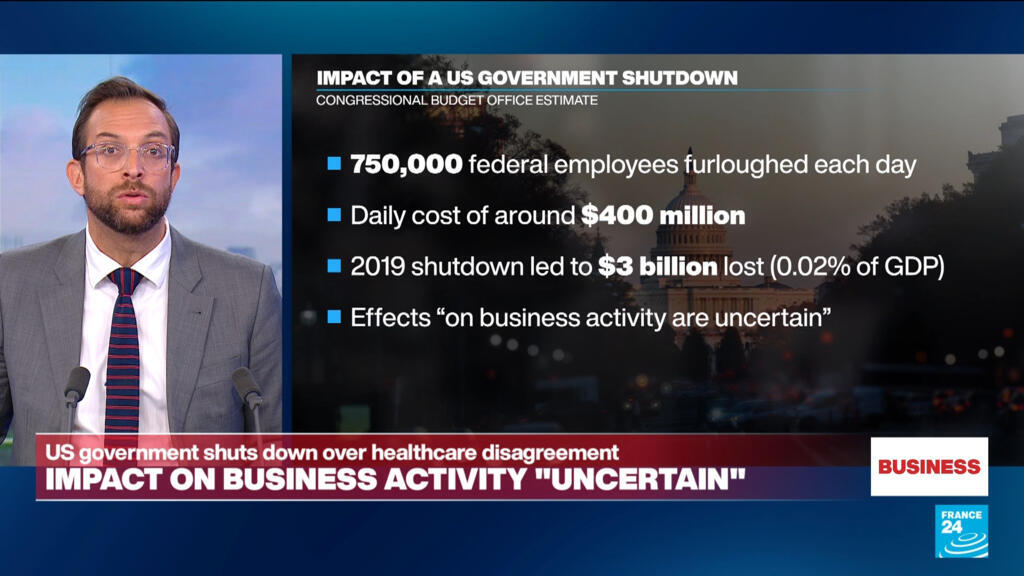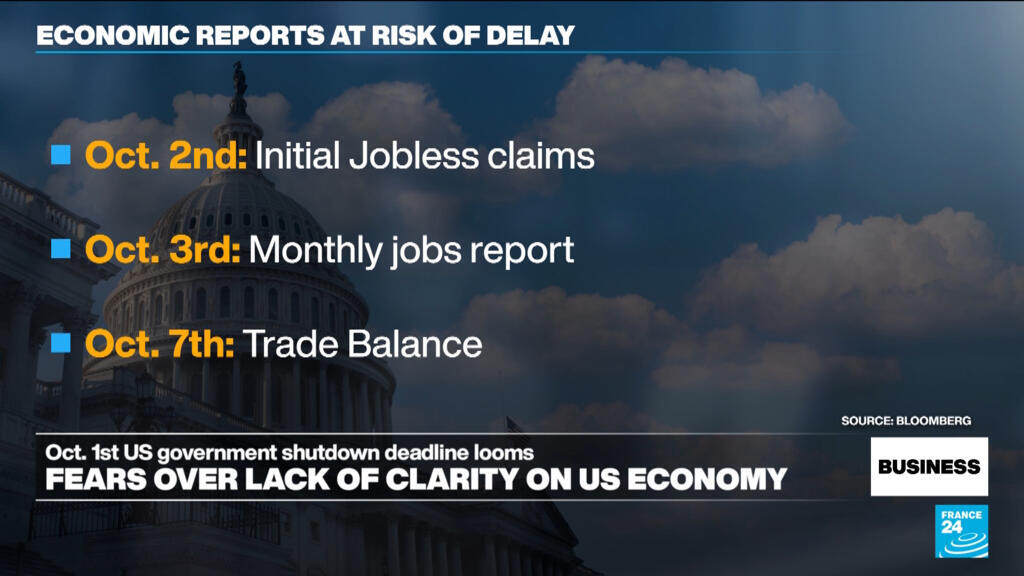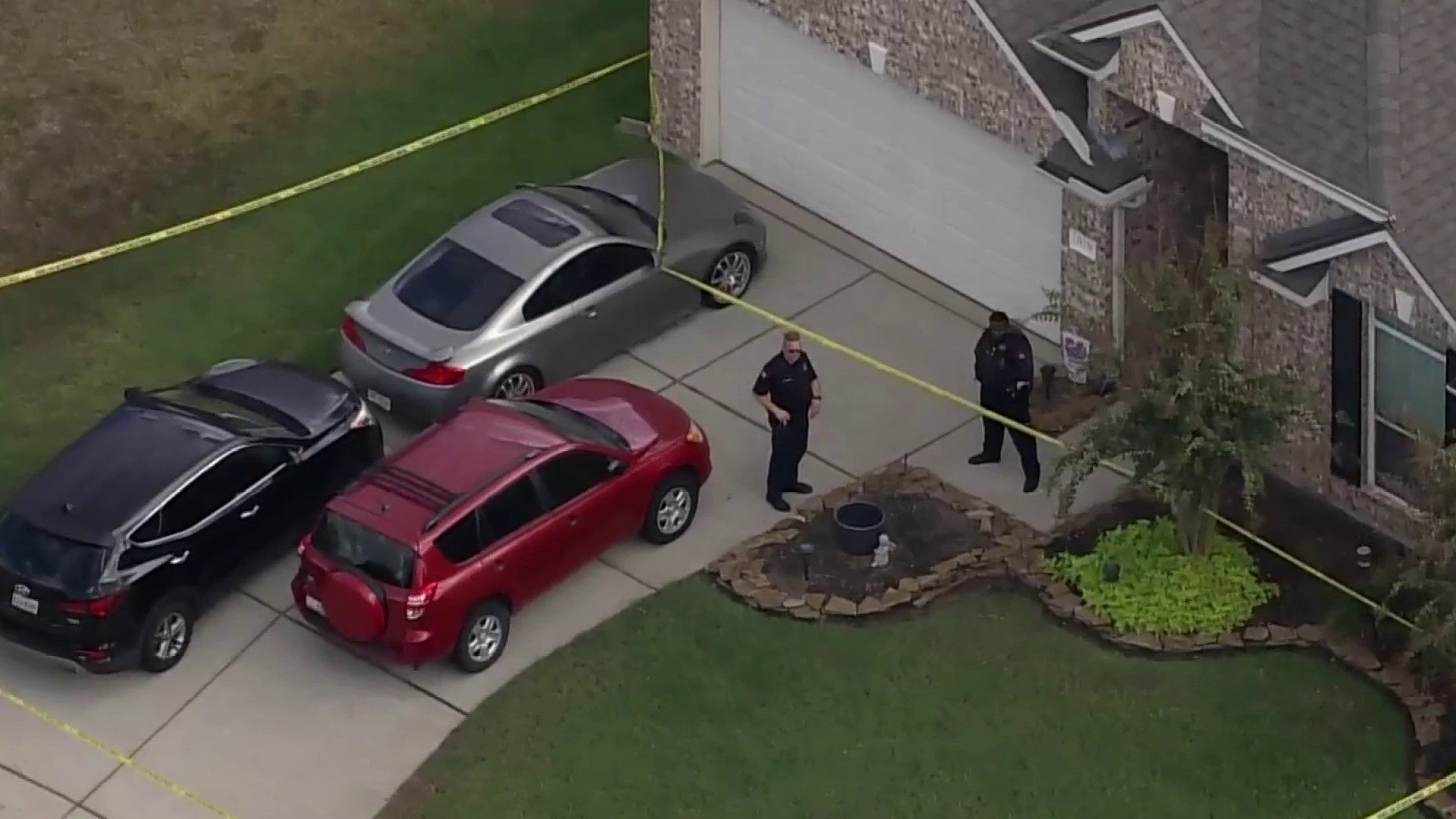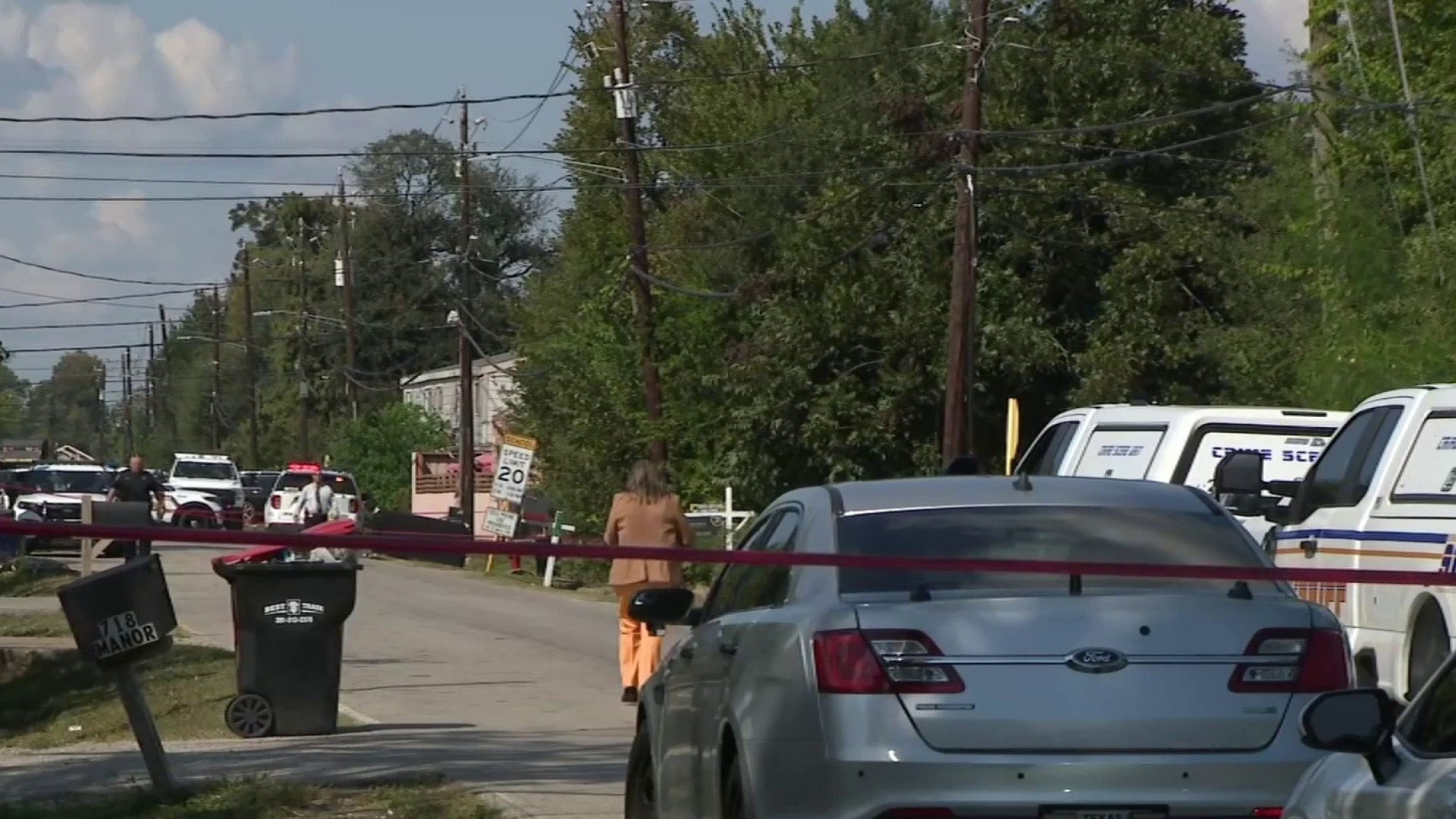Early Voting Starts Today
Seventeen constitutional amendments — characterized by government watchdogs as property tax cuts for homeowners, tax bans for the wealthy and a few niche items like bail reform and parental rights — will be decided in the coming weeks, as early voting begins Monday, October 20. No matter their ZIP code, all Texans get to vote […] The post Early Voting Starts Today appeared first on Houston Press.


Seventeen constitutional amendments — characterized by government watchdogs as property tax cuts for homeowners, tax bans for the wealthy and a few niche items like bail reform and parental rights — will be decided in the coming weeks, as early voting begins Monday, October 20.
No matter their ZIP code, all Texans get to vote on the amendments. Some Harris County residents will also be deciding school board seats, a member of U.S. Congress and an at-large Houston City Council post.
Early voting extends through October 31, and Election Day is November 4. Sample ballots and early voting locations are posted at harrisvotes.com.
Harris County Clerk Teneshia Hudspeth said new equipment has been tested and software has been upgraded to reduce the amount of paper used in elections. Hudspeth’s staff visited several of the 70 early voting sites on Friday to assist poll workers with setup.
“We are as ready as ready can be,” Hudspeth said. “We don’t wake up two or three months before an election and start running it. Essentially while we’re running a November election, we’re preparing for the midterms next year.”
Hudspeth said she’s reminding Harris County residents that their vote matters, as constitutional amendment elections don’t typically produce large turnouts.
University of Houston political science professor Brandon Rottinghaus said many of the constitutional amendments on the ballot were born out of Republican legislation that didn’t move forward in the most recent session, but a supermajority, or a two-thirds vote, is required to get a constitutional amendment on the ballot — so there is some bipartisan consensus that these are measures worth considering.
“Traditionally, people are pretty favorable to constitutional amendments,” Rottinghaus said. “Upwards of 90 percent of them pass. Obviously, the ones that are tax-based are the ones that pass by the most significant margin. About 98 percent of those pass. The ones that change the structure of government don’t pass as frequently.”
The state legislature already slashed $51 billion in property taxes for the next two years, but more cuts could be on the way. Owners of homes with taxable values of $200,000 or less could end up paying $0 in school taxes if they’re over 65 or disabled.
Proposition 13 increases the school tax exemption for homeowners from $100,000 to $140,000. Proposition 11 increases the school tax exemption for senior citizens and the disabled from $10,000 to $60,000. Therefore, if both amendments pass, senior citizens and the disabled could have a $200,000 homestead tax exemption.
Tax cuts aren’t usually controversial but law requires that the state reimburse school districts for any lost revenue due to the increased exemptions, said Andrew Schneider, a politics and government reporter for NPR affiliate Houston Public Media on the Houston Matters radio show.
“As a result, if the state cuts funding to education in future budget cycles as it did notably 20 years ago, school districts would be forced to cut spending as well,” he said.
Rottinghaus said Texas Republicans, in general, hope to reduce or eliminate taxes for some populations, such as the elderly.
“That’s not practically possible,” he said. “The state still needs revenue for various things, and this is the compromise tax system that they’ve settled on. This is the one that’s become the most politically palatable.”
“In principle, the way this works is that it just constrains what local governments are able to raise in the future,” he added. “So either these local governments go without that revenue, or the state will offer money to make up the difference. In most of these cases, this is just simply money that the local governments are going to have to live without. It’s not a lot of money at the end of the day, but it adds up.”
Ten of the 17 propositions deal with taxes, with exemptions proposed not just for senior citizens but also spouses of veterans, businesses, animal feed and land being used for border security infrastructure.

Property tax cuts have been heavily supported by Houston Republican Senators Joan Huffman and Paul Bettencourt. Huffman, who serves as chair of the Senate Finance Committee chair, is currently campaigning for Texas attorney general on a platform of fiscal conservatism and public safety.
The Senate’s budget for the 2026-27 biennium included $32 billion in property tax cuts, Huffman announced in January.
“Our economy is strong and continues to grow,” she said at the time. “We again have the opportunity to make strategic, one-time investments to address long-standing needs of our growing state, as well as return money back to taxpayers in the form of additional property tax relief.”
Tax Bans
Houston Progressive Caucus cofounder Karthik Soora has urged his organization’s members to vote against three constitutional amendments that he says are designed to provide tax breaks to people like Texas billionaire Elon Musk.
Texas already banned “any sort of wealth tax” in a previous election, so these three measures — Propositions 2, 6 and 8 — are just further ensuring that the rich don’t have to pay taxes, Soora said.
“The average Texan, if you were lucky enough to own a house, that’s where you have your property. Maybe you have a tiny amount of stock,” Soora said. “The average American does not hold that much stock.”
Proposition 2, the capital gains tax ban, would prohibit the state from taxing people or businesses on profits from capital assets such as investments and real estate. It also forfeits a franchise tax on business trusts, meaning the state will lose about $152,000 in revenue per year, according to the state comptroller’s office.
Texas Rep. Giovanni Capriglione, R-Southlake, who authored the legislation, has said that a franchise tax on business trusts could be construed as a capital gains tax, undermining economic competitiveness.
Soora disputes that claim and noted that, with about 30 reported billionaires in the Greater Houston area, it will cost working class Texans billions “down the line, at a time when people don’t have enough money for healthcare or childcare or affordable housing in Houston.”
“We’re all paying our fair share and more. Why can’t the super wealthy?” he said.
Proposition 6, the securities tax ban, would prohibit the state from taxing securities transactions like stocks and bonds but that’s not a current practice in Texas.
The amendment was prompted by a new stock exchange slated to open next year in Dallas. Supporters say it will protect investments. Critics say the state could benefit from securities taxes if it needs to raise more revenue in the future.
Proposition 8, the inheritance tax ban, would prohibit the legislature from “imposing death taxes” in the transfer of an estate, inheritance or gift. It would not eliminate other taxes that can be associated with an inheritance, such as unpaid property taxes.
Rottinghaus said the three tax bans are “messaging amendments.”
“These are ways to get the voters to buy into the idea of having reduced taxes or no taxes on some things,” Rottinghaus said. “The state has done this before. They put bans on things that are already banned or would never be done. So it’s a political tool to communicate the preferences of the state to and have the voter certify it.”
“The other thing it does is this hardens the ability of future legislatures to make big changes to tax policy,” he added. “Getting the Constitution changed to allow for capital gains taxes would be a challenge. So if future legislatures wanted to raise revenue that way, they’d have to go through another step to make that happen.”
Soora said it appears to be an attempt to confuse voters with flowery language.
“What are unrealized gains?” he said. “The vast majority of people can’t necessarily tell you. They do this to confuse people so billionaires get richer. If people explain stuff then Texans aren’t just going to get fooled and bamboozled so easily. They’ll know when people are taking them for a ride.”
With the proper amount of voter education, there’s a possibility these three amendments could be voted down, Soora added.
“The average person would think that, if I have to pay taxes on my house, why does Elon Musk and every other Texas billionaire get exempt from all taxation on all of their wealth? And then their children will inherit all of that wealth, all of that stock, without having paid a single cent like other taxpayers.”
Soora said his organization made endorsements on various school board and city council races and is backing Harris County Attorney Christian Menefee for U.S. Congressional District 18, but the three tax bans are the only constitutional amendments they’ve publicly commented on.
“We wanted to focus on those three just because we think the super rich and powerful always have a way of dominating the media landscape and they try to distract everyone with culture wars,” he said. “We wanted to focus on these three in particular because we think they tell a story of the wealthy trying to disenfranchise Texans and make them pay more out of their pockets.”
Border Security Tax Exemption
Proposition 17 would allow the state to prevent increased property values in border counties due to security infrastructure and related improvements.
It could minimally reduce local tax revenue but Rottinghaus said the amendment is likely an effort to give tax incentives to people who are being politically courted by Republicans.
“The state has been trying to carve off certain groups to give tax breaks to,” he said. “In this case, it’s both about the border and opportunities to expand the political footprint in the Rio Grande Valley.”
Proponents say it will address concerns that border security infrastructure added to private land by the state could increase that property’s appraisal and burden on its owners. Critics say the state should not incentivize more border security infrastructure on private land.
Codifying Parental Rights
Proposition 15 essentially makes it law that parents are the primary decision-makers for their children. It affirms that “a parent has the responsibility to nurture and protect the parent’s child and the corresponding fundamental right to exercise care, custody, and control of the parent’s child, including the right to make decisions concerning the child’s upbringing.”
The bill’s author, Sen. Bryan Hughes, R-Mineola, has said the intent of the amendment is to protect parental rights because “case law can change and disappear over time with the appointment of new judges.”
Rottinghaus said this amendment “attempts to make it clear that this is a priority for the state and especially the Republican party.”
“It doesn’t seem to do much more than what’s already on the books, but it is a messaging moment for Republicans to be able to say that they are supportive of these kinds of laws,” he said.
“This has been on the Republican agenda for a couple of cycles,” he added. “It seems that this peaked when there were concerns about library books. It seems late to that game, which is something they fought about this last session. But I think it’s probably something that’s more about the roles of school boards and local efforts to manage what kids in school can see and do.”
Bail Reform
Proposition 3, advertised as “bail reform,” was proposed by Republican lawmakers, including Senator Huffman, who has said that, over the past four years, 162 people were murdered in Harris County by defendants who were out on bond.
If Prop 3 passes, judges will be required to deny bail in certain cases for people who have committed murder, aggravated assault and indecency with a child. The state would have to show that “bail is not enough to prevent the defendant from being a flight or public safety risk,” according to an analysis in the Texas Tribune.
Rottinghaus said the impetus for bail reform began in Harris County and is a priority for Huffman, a former Harris County prosecutor, and Gov. Greg Abbott.
“These stories about people committing crimes [while out] on bail definitely have political resonance,” Rottinghaus said. “It’s definitely connected to the perception that crime is on the rise. This is an Abbott initiative that didn’t get much legislative traction, so pushing it to voters is a way to get the policy passed. It’s also a way for Republicans to take credit for addressing crime, and that’s something that’s on people’s minds.”
Harris County’s Democratic judges have been scrutinized for being soft on crime and setting bonds for those accused of violent crimes, but there’s a lot of misinformation surrounding the issue, said Brent Mayr, president of the Harris County Criminal Lawyers Association. For example, several media outlets reported in August that District Judge Nata Cornelio “illegally” set bond for Jared Wilson on an aggravated robbery charge.
That didn’t happen, Mayr said, explaining that the 21-year-old Wilson was on probation for a different offense when he was arrested again.
Andy Kahan, director of victim services and advocacy for CrimeStoppers of Houston has been particularly critical of Democratic judges and serves on the State Commission on Judicial Conduct.. Proposition 12 would overhaul the commission makeup and change how the chief justice of the Texas Supreme Court selects review tribunals.
“It gives the governor more control over the people on that committee, so it’s possible that some of this shifts the courts into a more partisan world,” Rottinghaus said.
A July survey conducted by Texas Southern University researchers found that less than half of respondents felt “very safe when outside and alone in their neighborhood during the day.” Most were concerned about crime affecting them or a family member.
“They believe that Harris County judges are too lenient in their sentencing except in regard to drug crimes,” Rice University political science professor Mark Jones said at the time. “From a political perspective as well as a societal perspective, perception becomes reality. That is, if people perceive there to be a crime problem, there is a crime problem.”
The Texas Constitution allows most defendants the right to be released on bail unless they’re charged with capital murder or accused of certain repeat felonies. The proposed amendment widens the criteria, and critics say it leads to overcrowded jails and doesn’t actually improve public safety.
Rottinghaus said the practical implications are serious.
“There’s pressure on the county jails when it comes to budgets and population,” he said. “So more denials might mean more defendants are held pretrial, which could increase the cost of housing individuals in these jails, leading to overcrowding. That’s a recipe for problems at jails that many big urban counties are facing.”
The post Early Voting Starts Today appeared first on Houston Press.







